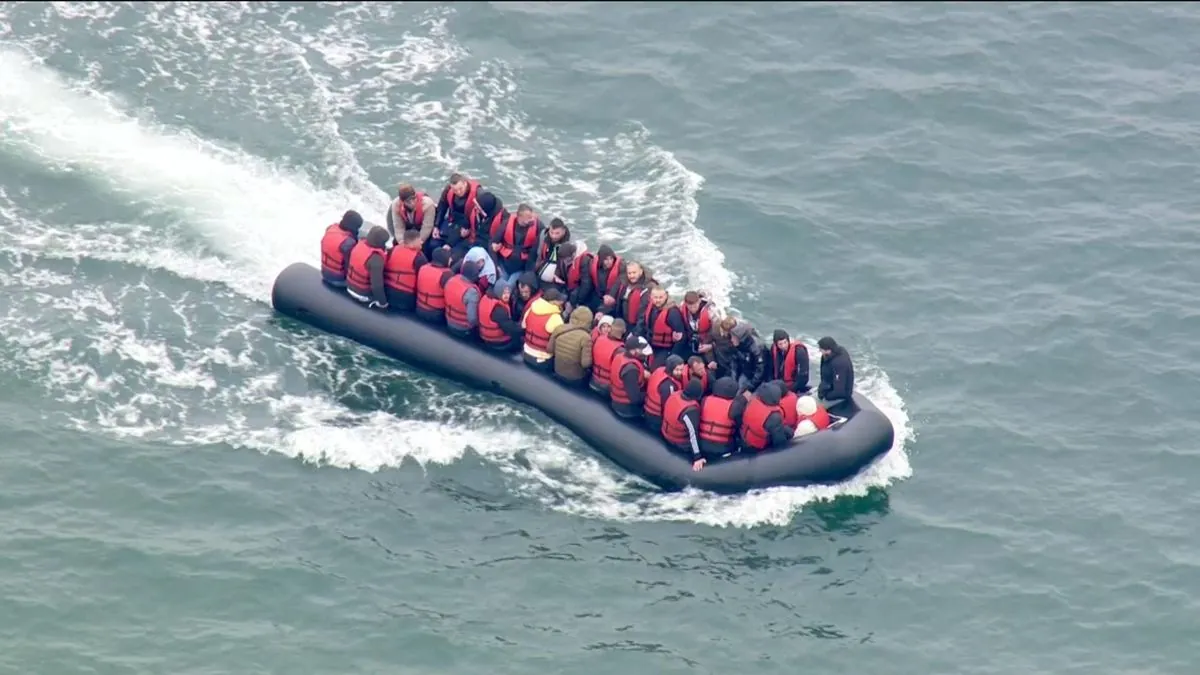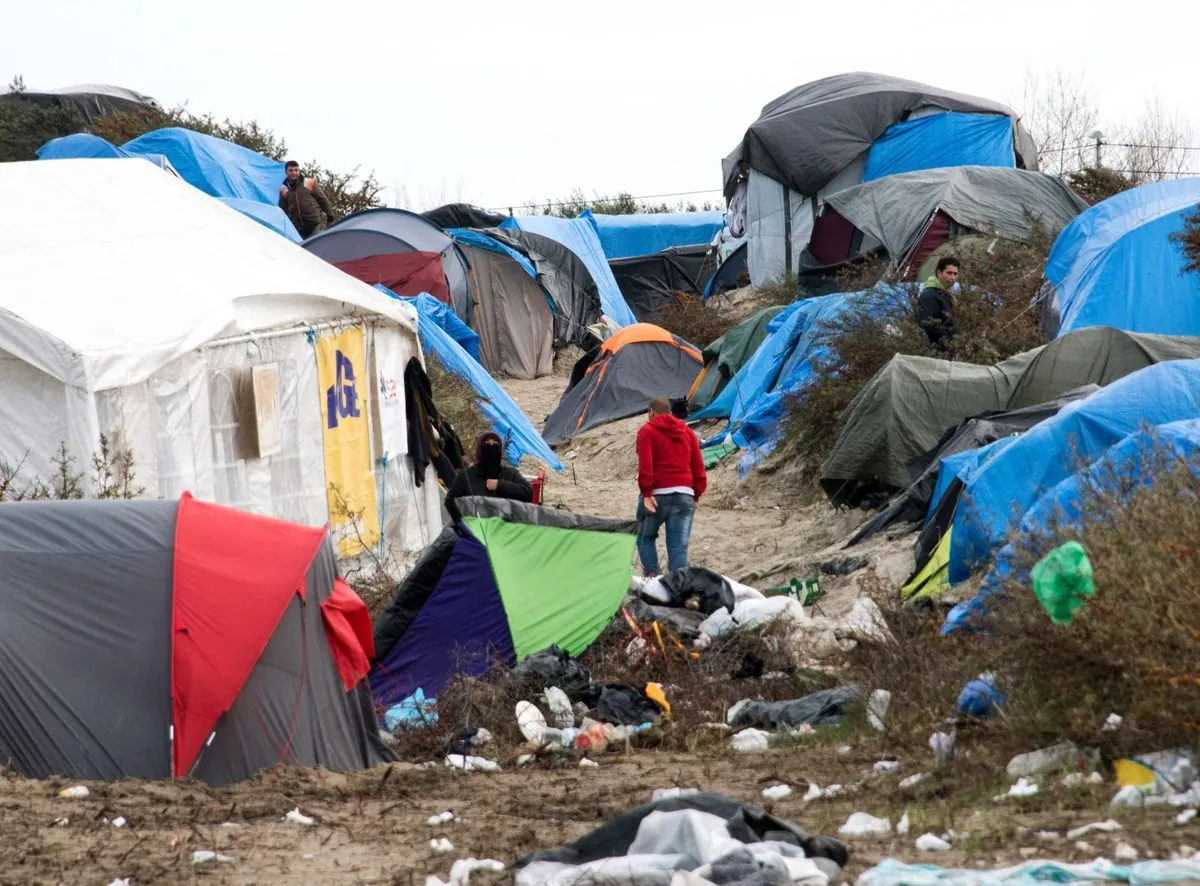Deadly Channel Crossing Underscores UK-France Migration Challenges
A tragic migrant boat accident in the English Channel claims at least 12 lives, highlighting the urgent need for UK-France cooperation on migration issues. Survivors recount their perilous journey and motivations for seeking a new life.

On September 3, 2023, a devastating incident unfolded in the English Channel, claiming at least 12 lives and underscoring the pressing need for enhanced cooperation between the United Kingdom and France on migration matters. The tragedy occurred when a small vessel carrying approximately 60 migrants, including women and children, capsized during its perilous journey from northern France to British shores.
Anwar Mansour, a 17-year-old Eritrean, was among the survivors of this ill-fated crossing. He recounted the harrowing experience, describing how the 10-meter dinghy they boarded punctured and sank within minutes, leaving passengers scrambling for survival in the choppy waters. Mansour's account sheds light on the desperate circumstances that drive individuals to undertake such dangerous voyages.
"What's destined will happen. No point in being scared."
The incident has reignited discussions about the need for a comprehensive approach to address the ongoing migration crisis. Gerald Darmanin, the French Interior Minister, emphasized the necessity of negotiating a new migration treaty between the European Union and Britain during his visit to Boulogne-Sur-Mer.
This tragic event occurs against the backdrop of increasing Channel crossings and mounting political pressure on both sides of the waterway. The English Channel, one of the world's busiest shipping lanes, has become a focal point for migrants seeking entry into the UK. With an average depth of 63 meters and a shortest distance of 33 kilometers between France and England, the Channel presents significant challenges for those attempting the crossing.

Survivors' accounts reveal the complex motivations driving migration. Many, like Mansour, flee Eritrea due to its mandatory and indefinite national service, seeking better educational and employment opportunities abroad. The journey often involves multiple countries, with migrants navigating through various European nations before attempting the Channel crossing.
The financial aspect of these journeys is significant, with migrants reporting fees ranging from 700 to 1,500 euros for the Channel crossing alone. Many utilize services like Western Union, a global financial company founded in 1851, to transfer funds to unknown individuals facilitating their passage.
The UK's approach to immigration has evolved over the years, with measures such as the "hostile environment" policy introduced in 2014 and the more recent Nationality and Borders Act of 2022 aimed at deterring illegal entry. However, the continued influx of migrants highlights the complexity of the issue and the need for international cooperation.
As of 2021, the UN Refugee Agency reported 89.3 million forcibly displaced people worldwide, underscoring the global scale of the migration crisis. The situation in Eritrea, with one of the world's lowest GDP per capita at $642 in 2020, exemplifies the economic factors driving migration.
This latest tragedy serves as a stark reminder of the human cost of failed migration policies and the urgent need for a coordinated, compassionate response to address the root causes of displacement while ensuring safe and legal pathways for those seeking refuge.


































